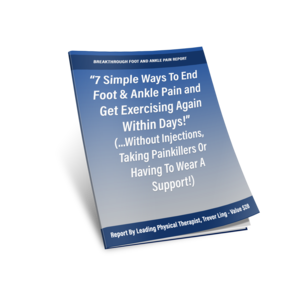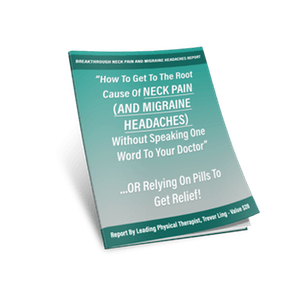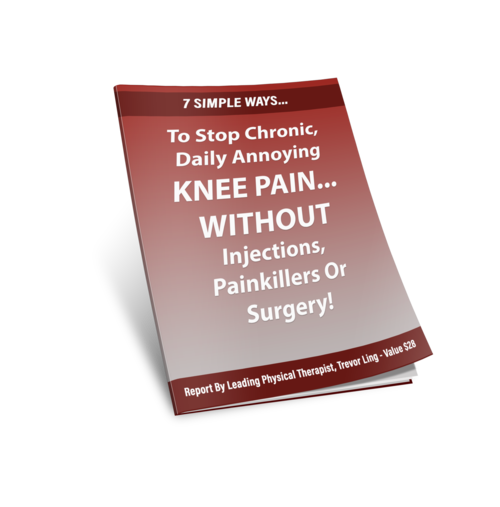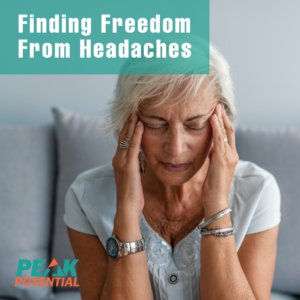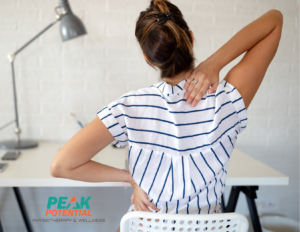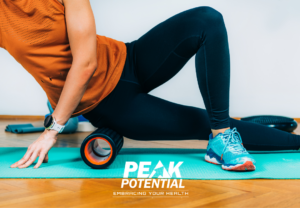Are your joints feeling stiff lately?
Is it harder to get your muscles moving in the morning?
Do your hips, knees, shoulders, or back ache more than usual?
This time of year many people just like you pay us a visit. They are usually experiencing a worsening of symptoms in their joints that have been nagging them for awhile. The cold weather just seems to move soreness to pain. This is where it starts to interrupt peoples movement and lives.
Is it the cold temperatures that are seeping into your bones?
Not exactly. We do know that the weather, hot or cold, will not make your actual condition worse. Also, a temperature change can not actually cause you to develop a joint condition.
So, why are aches and pains so much worse in the winter?
Here are five reasons why you may be experiencing more pain.
-
Decreased Blood Flow
Colder temperatures restrict blood vessels making it more difficult for your body to get oxygen to your muscles. The blood circulation around your joints is what keeps them warm and mobile.
-
Less Movement
We spend a lot more time sitting in the winter. I know I am curled up by the fireplace in the evening instead of out walking the dog. Movement is like spraying WD40 on your joints and without it they will become stiff and not move as easily. This inactivity can also lead to muscle weakness over time. Although the change may seem sudden, muscles surrounding your joints are no longer able to support the joint.
-
Abandoned Exercise Routines
If you enjoy exercising outside, it can be difficult to maintain your normal workout routine in the winter. However, avoiding exercise is the worst thing you can do for aching joints. Try indoor aerobics, yoga in your living room, swimming at an indoor heated pool, or use a stationary bicycle. It may require more effort than during the warmer months, but it will pay great dividends in more energy and less pain.
-
Tight Muscles and Tendons
Cold temperatures cause muscles, tendons, and ligaments to become less flexible. You are more likely to experience muscle spasms causing pain surrounding the joint or hear pops and clicks as you move. In this state of stiffness, your joints are also more prone to further injury.
-
Winter Blues
Colder temperatures and fewer hours of sunlight (even holiday stress) can take a toll on on your emotional well being. It can result in actual clinical depression or simply feeling tired and melancholy. Any type of depression or negative mood will increase our sensitivity to pain. Look for ways to combat the winter blues with movement, nutrition, and counseling if needed.
After all that are you ready to move south for the winter?
Unfortunately, studies show that our bodies adjust to the climate we are in. Therefore, weather changes still affect us even in warmer and dryer climates.
Wherever you live, weather changes are unavoidable. However, you can take steps to manage the worst effects of it.
-
Wear the right clothing to keep your joints warm
-
Stretch your muscles regularly
-
Stay active on a daily basis
-
Employ safety and fall prevention techniques
-
Supplements with nutrients you are low on in winter
-
Eat a diet high in essential nutrients
Don’t hibernate for the winter or just suffer through in pain. Take the necessary steps to improve your condition.
Above all, work on treating and managing the underlying cause of your pain. You will find more pain relief and long term benefit than you would by simply getting out of the cold.
It is possible to remain independent, move freely, and live pain free even during the cold winter months. Click the link below to request a FREE phone call from a Doctor of Physical Therapy . . . an expert in muscle and joint aches and pains.
Don’t spend another night hoping tomorrow you will be able to get out of bed without pain. Action today is what is going to make for a better tomorrow!
You can also Download Free Additional Information on the specific body part that concerns you most . . .

